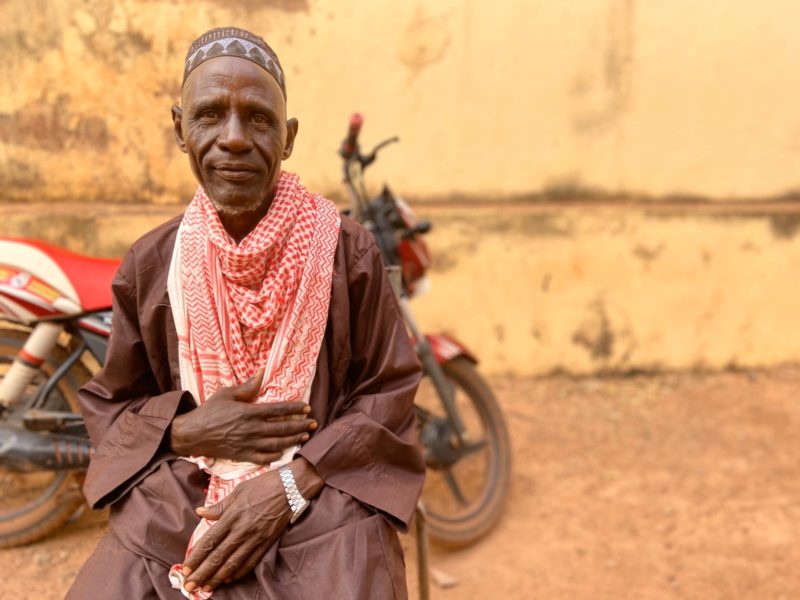
Subscribe to CCP's monthly newsletter
Receive the latest news and updates, tools, events and job postings in your inbox every month

When emergencies arise, such as new epidemics or pandemics, people need timely, accurate, up-to-date health information they can trust. Reaching them can be a challenge and it’s compounded by fears of the unknown, unfounded rumors and misinformation and requests to behave in new ways.
Risk Communication and Community Engagement focuses on informing and engaging the public on how to reduce their risk and better protect themselves. CCP and our RCCE partners use strategic behavior change approaches to motivate action. Importantly, we engage and support communities to create and execute plans to control outbreaks based on their local context.
When the COVID-19 pandemic began, CCP was ready, drawing on our RCCE expertise from previous outbreaks of Zika, Ebola and swine flu (H1N1). We supported governments, partners and local communities as they responded, collecting data to inform and tailor appropriate and actionable messages, behavior change campaigns and community activities. Rumor-control systems further supported program adjustments based on what was going on in real-time.
COVID-19 was a brand-new virus and yet CCP had the tools in place to make an immediate impact in dozens of countries across Latin America, Asia and Africa. We are already preparing for the next pandemic, whatever it may be.
In an emergency, we need to understand that gap between what people know and what they actually do. We need to understand people’s perception of risk in an outbreak context to not only assess how susceptible they think they are of getting the disease … but also their perceptions of how likely they are of transmitting the disease to others, and their level of concern for putting themselves and others at risk.
Receive the latest news and updates, tools, events and job postings in your inbox every month